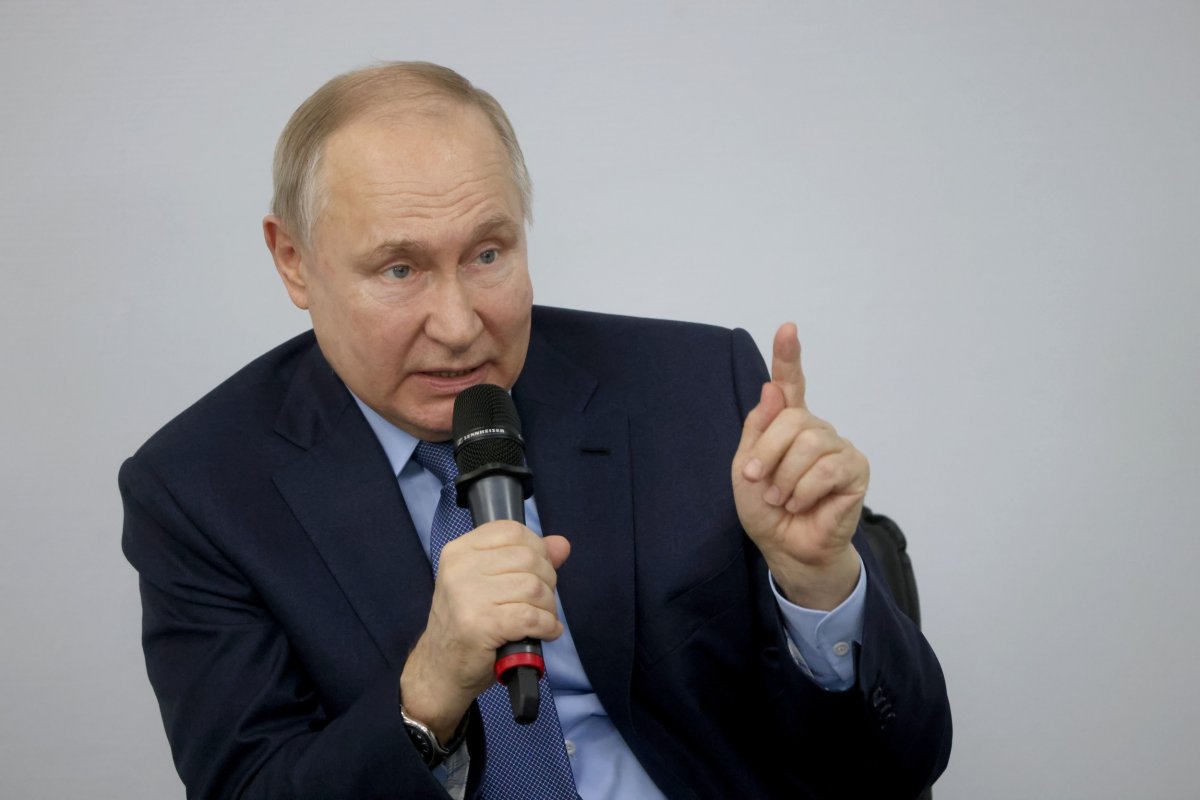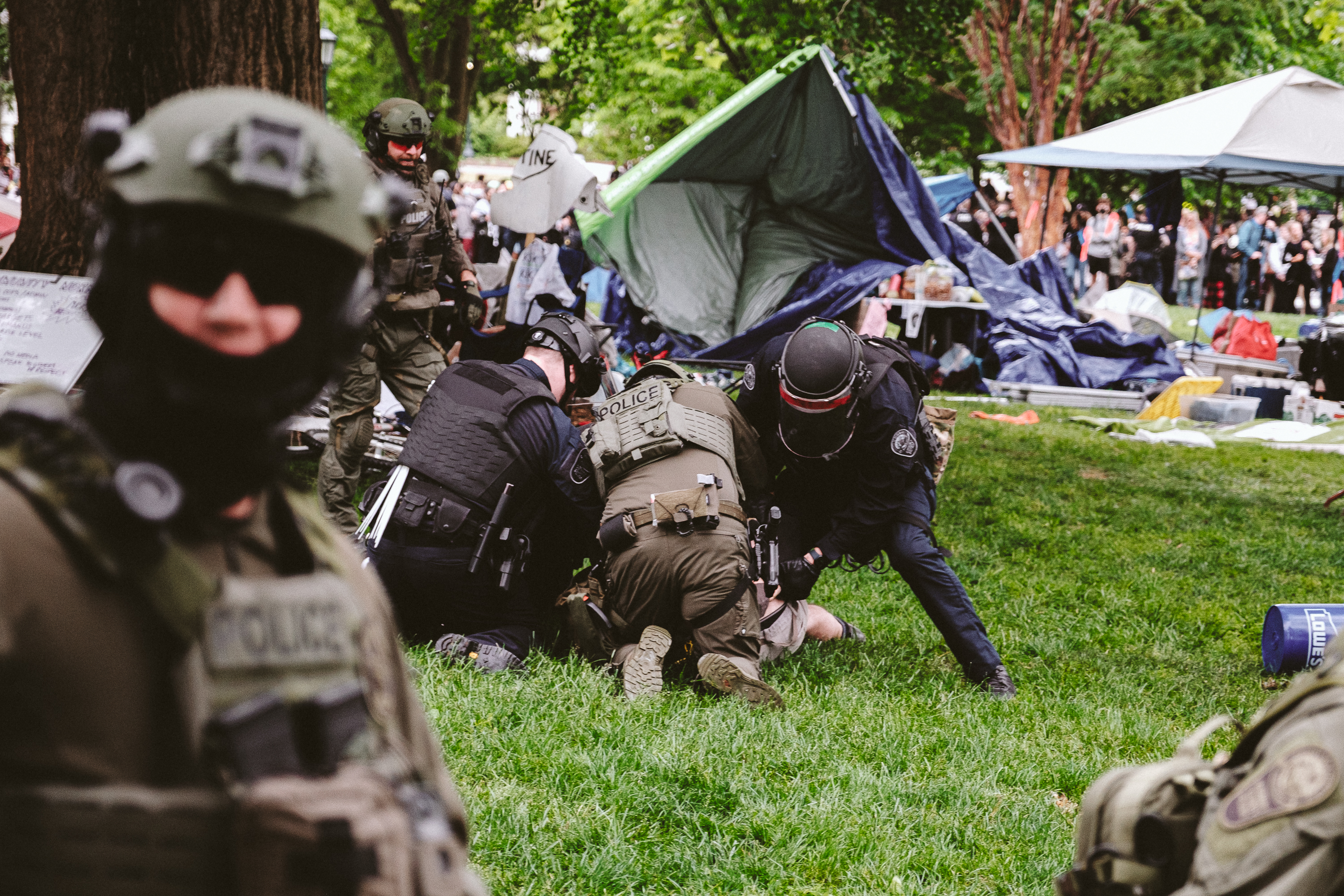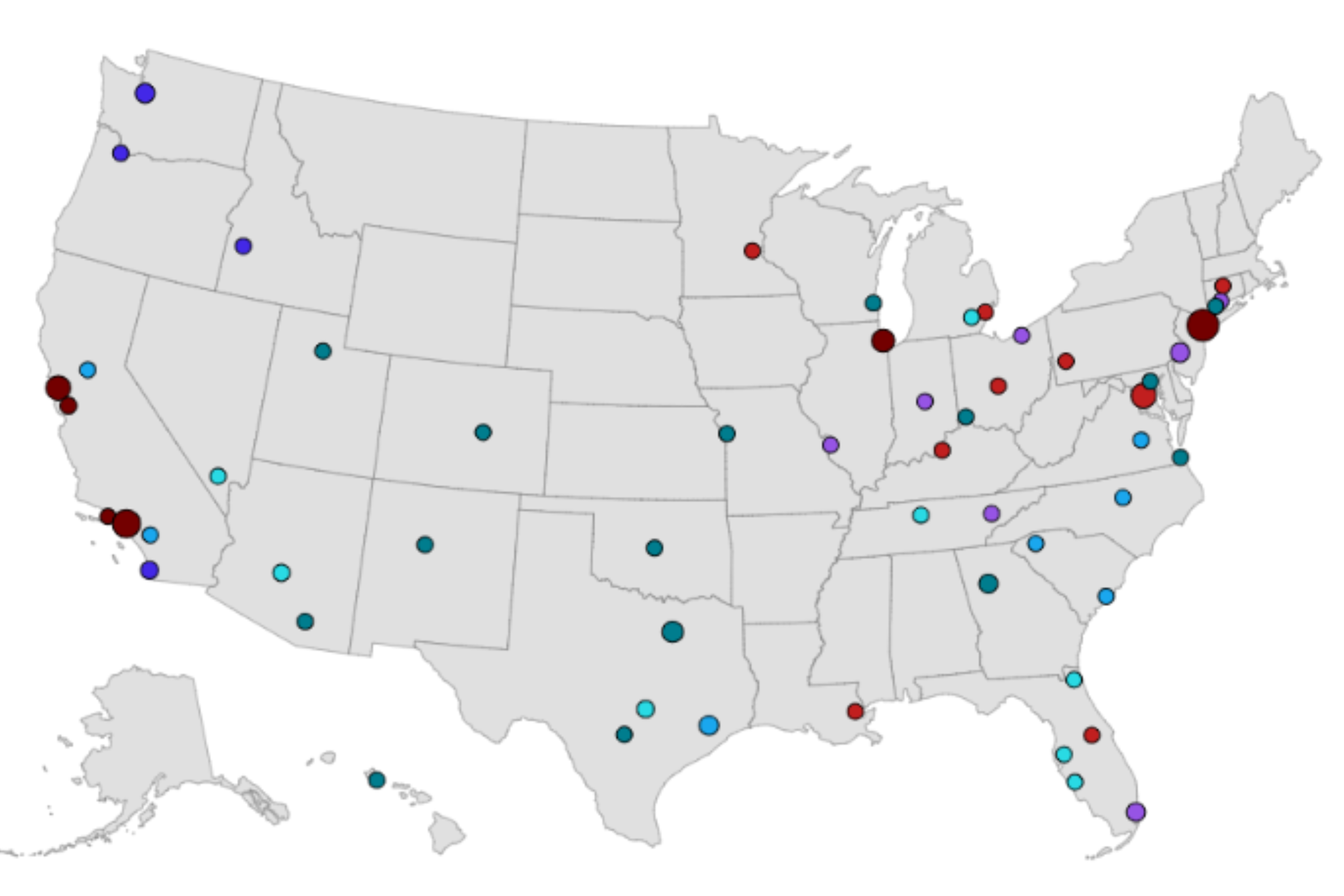Russia, a nuclear power and permanent member of the United Nations Security Council, left an estimated $300 billion worth of state-owned assets in the West when it launched its full-scale invasion of Ukraine, on Feb. 24, 2022. These assets have since been frozen.
Professor Phillip Zelikow and Robert Zoellick argued that Russia's state-owned assets could and should be seized by the West. Both to strengthen the rules-based international order, and to establish a fund for Ukraine's reconstruction—all while holding Moscow accountable for its crimes against Ukraine and the international community.
States have different duties and obligations under international law. Put simply, this includes commitments that individual countries have toward each other (such as formal agreements between states) and erga omnes obligations (for example, protection from slavery) that are owed to the entire international community.
Committing the crime of aggression against another state violates an erga omnes obligation. All countries have a legal interest in ensuring that their counterparts do not breach this commitment. If a state commits the crime of aggression, then members of the international community are justified in taking all legitimate measures against that country.
Russia is committing the crime of aggression against Ukraine. It massacred civilians in Bucha, kidnapped at least 700,000 children back to Russia, contaminated the country's waterways and farmland with mines, illegally annexed Ukraine's Crimea, Luhansk, Donetsk, Zaporizhzhia, and Kherson oblasts, destroyed countless towns such as Avdiivka, Mariinka, and Bakhmut, and sent Russian settlers to colonize Ukrainian cities like Mariupol.
Ukraine is the victim of Russia's illegal and unjustified aggression. Yet Moscow owes the erga omnes obligation it has violated not only to Kyiv, but to the entire international community. As an integral part of the international community and Ukraine's principal backer, the West has a clear legal interest in ensuring that Russia immediately ceases its aggression against the Ukrainian state.
The West has since imposed devastating sanctions against private Russian entities and officials in retaliation. Now, it is considering employing individual or collective countermeasures against the Russian state itself.
One such countermeasure is confiscating Russia's state-owned assets. This would enable a state (for example, the U.S.) to suspend its obligations (for instance, to guarantee deposits held in U.S.-based bank accounts) toward another country (such as Russia) until it complies with the erga omnes obligation it owes to the international community (namely, to withdraw from Ukraine).

International law evolves based on state practice. This would be the first time that Russia's state-owned assets (for example, those belonging to the Russian Central Bank) are confiscated by the West. These assets differ from and dwarf the size of those owned by sanctioned Russian citizens and businesses. They include money-market instruments, foreign currencies, and transferable securities held in Russia's G7 and Swiss-based bank accounts and in European clearing houses.
As it stands, Western countries like the United Kingdom and Canada lack the domestic legal mechanisms required to seize the Russian state-owned assets they've frozen since Feb. 24, 2022. British member of Parliament Sir Chris Bryant tabled the Seizure of Russian State Assets and Support for Ukraine Bill in February 2023. Last October, Canadian Senator Ratna Omidvar introduced Bill S-278 to amend the Special Economic Measures Act and enable Canada to do the same.
Countermeasures are rare. There is nonetheless no shortage of precedents for seizing state-owned assets, including those belonging to countries that committed the crime of aggression, as reparations. Consider the United Nations Compensation Commission for Iraq. Set up by United Nations Security Council Resolution 687 in the aftermath of Saddam Hussein's aggression against Kuwait, this legal mechanism compensated roughly 1.5 million claimants $52.4 billion.
Will there be consequences for the seizure of Russia's state-owned assets? Of course. Moscow will certainly confiscate privately-owned Western assets in retaliation. Russian President Vladimir Putin has passed multiple presidential decrees allowing the Kremlin to do so. Russia has already stolen Carlsberg's and Danone's Russian businesses. Expect Moscow to do the same to other Western companies.
The risks associated with doing business in Russia have been clear since 2014. Some Westerners who have their assets confiscated by Moscow will follow in Exxon Mobil's footsteps and write the losses off on their balance sheets. Others will simply join the endless list of claimants clamoring for compensation from Russia's state-owned assets if and when the West starts seizing them.
This much is certain—Moscow must be held accountable for the crime of aggression it has committed against both Ukraine and the international community.
Establishing the domestic legal mechanisms required to seize Russia's state-owned assets is one way of strengthening the rules-based international order. Namely, because a $300 billion price tag has never been imposed on a nuclear power and permanent member of the United Nations Security Council.
If imposing a cost this high on an actor that powerful doesn't dissuade like-minded states from committing the crime of aggression—and violating the erga omnes obligations they owe to the international community—then I don't know what will.
George Monastiriakos is an adjunct professor of law at the University of Ottawa. Read his works at www.Monastiriakos.com. Follow him on Twitter @monastiriakos.
The views expressed in this article are the writer's own.
Uncommon Knowledge
Newsweek is committed to challenging conventional wisdom and finding connections in the search for common ground.
Newsweek is committed to challenging conventional wisdom and finding connections in the search for common ground.
About the writer
To read how Newsweek uses AI as a newsroom tool, Click here.








